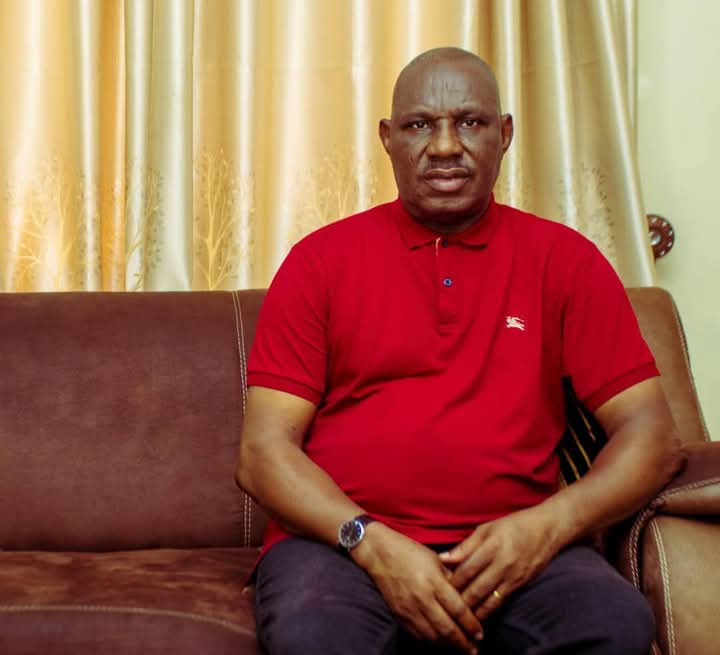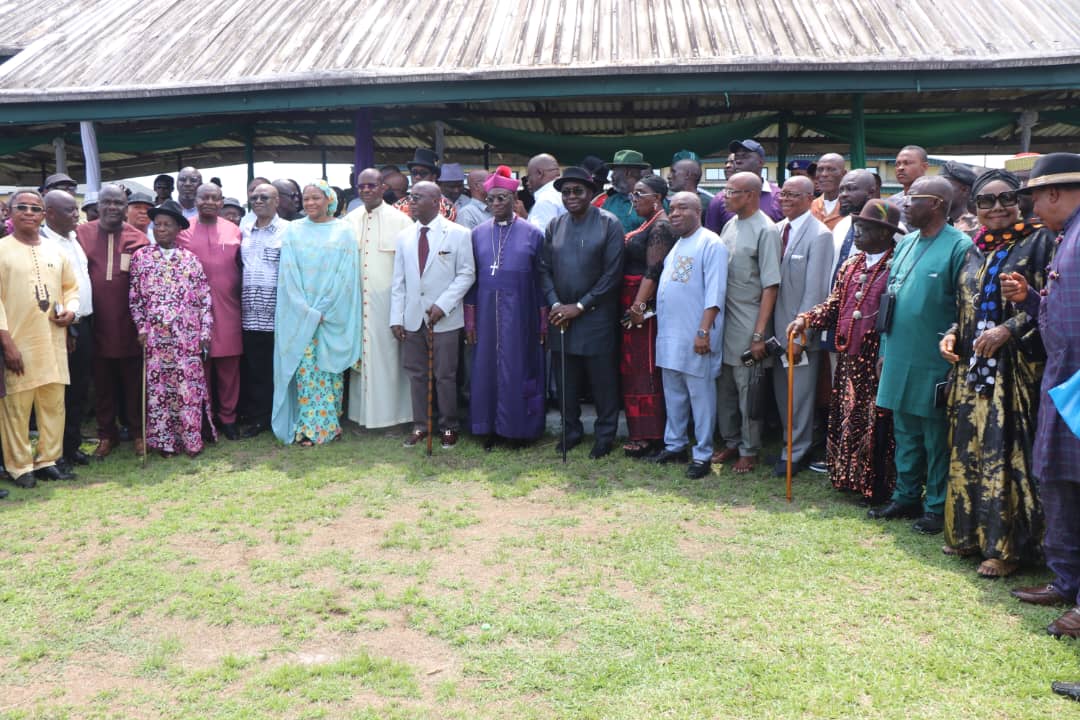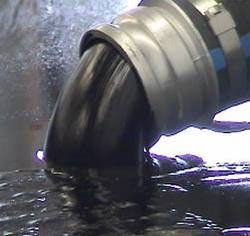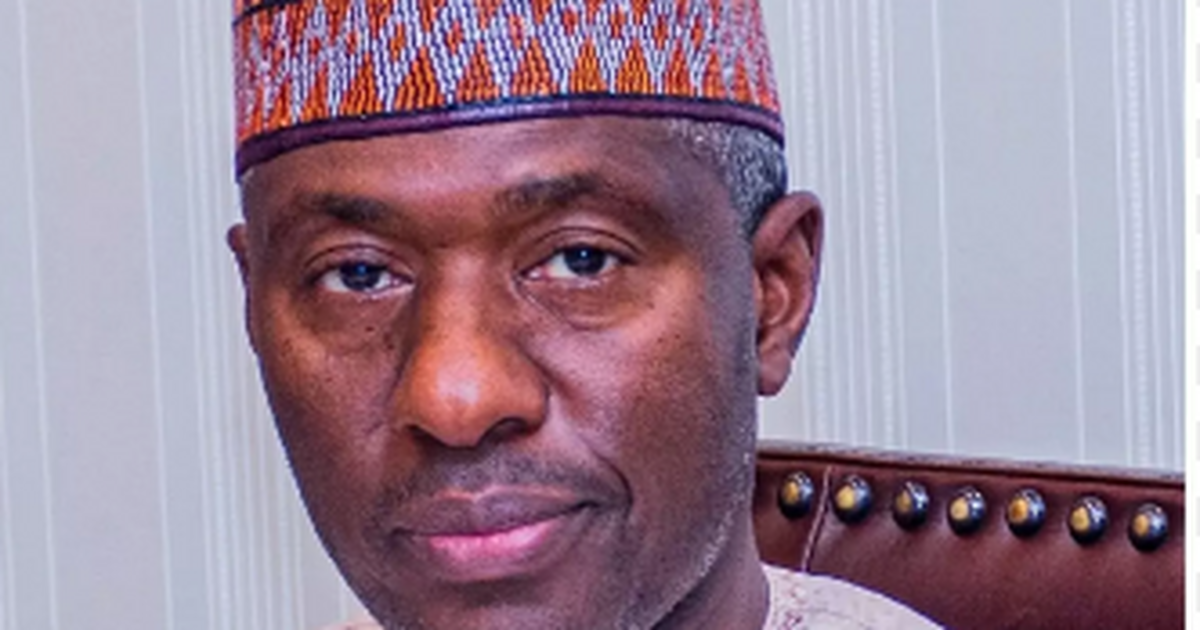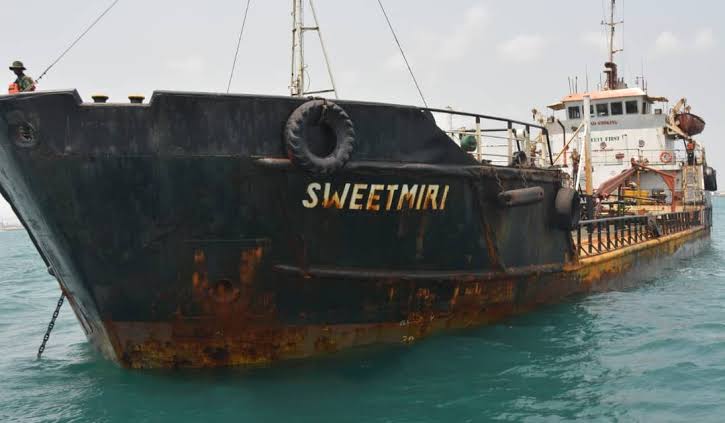When I wrote that the Nigerian National Petroleum Company Limited (NNPCL) is an animal that eats its curator for lunch, it sounded like a stretch. But so far, the tenure of Bayo Ojulari as group chief executive officer is proving it. This might not be obvious if you look solely at Nigeria’s current crude oil sales.
The figure has climbed from about 1.6m bpd when Ojulari was appointed last April to about N1.9m bpd. That is good news for a cash-strapped country plagued by oil theft, weak infrastructure, divestments and thousands of barrels in swap deals.
The bad news is that Ojulari’s preemptory comment about the fate of Nigeria’s moribund refineries could endanger his early success. He is in enough trouble already, from internal rebellion to diminished investor confidence, and a siege on the company’s Abuja headquarters on Wednesday by protesters from the Niger Delta demanding quota over competence.
All that is minus ongoing investigations by the Economic and Financial Crimes Commission (EFCC) and the Senate Public Accounts Committee into matters that mostly predate his tenure, but the fallouts of which may affect him.
Flip-flop
Now, his misery would be compounded by his statement on August 20 at a summit by the Petroleum and Natural Gas Senior Staff Association of Nigeria (PENGASSAN), that the government will fix Nigeria’s moribund refineries over our dead bodies.
I pinched myself to be sure. He told Bloomberg in a July interview that the refineries were facing significant challenges, despite heavy investments and the introduction of new technologies. Many of the technologies implemented, he said, have not worked as expected and revamping the old refineries abandoned for years has proven to be more complicated than anticipated. He added that a full review was ongoing, and the outcome was expected at the end of 2025.
One month later, he promises that “the refineries will work.” Perhaps he said this to make his hosts, the union leaders, happy, and, as expected, they welcomed his announcement with rapturous applause. Yet, when the applause fades and the fawning crowd disperses, Ojulari and his hosts know that promising the refineries will work is foolish. In any case, that decision is not even in his hands.
2025 ending early
He didn’t have to preempt the report of the “full review.” After the review is complete, the right thing is for him to share the report with the board and the President, who would decide what to do in consultation with the Ministry of Finance and the Ministry of Petroleum Incorporated, and with the advice of the National Economic Council. The refinery is not Ojulari’s private company. He cannot decide its fate, one way or the other, to please the unions or any vested interests.
The unions are part of the problem. In 2007, when President Umaru Musa Yar’Adua reversed the sale of the Port Harcourt and Kaduna Refineries after Blue Star, the Dangote-led consortium had paid $670 million for it, the ill-advised reversal was at the behest of the unions and special political interests, swooning over the loss of a so-called national patrimony. But it was nothing of the sort. They just wanted business as usual.
Back to The Matter
After swallowing over $86 billion in turnaround maintenance, Nigeria’s state-run refineries are the country’s biggest crime scene. Under President Muhammadu Buhari’s government, Nigeria paid $1.5 billion to fix the Port Harcourt Refinery alone.
The money was not paid to Chiyoda, the manufacturer of the refinery, nor were they even requested to have a look. Instead, it was paid to Maire Tecnimont, an Italian consultancy, which may have spent more time managing sub-contractors referred by NNPCL to keep everyone happy than fixing the refinery.
The repair was not dead on arrival. It died at conception, and the undertakers at NNPCL only needed a consultant for the funeral. When Femi Falana, SAN, requested details of work done and progress on the repairs, Tecnimont asked him to look elsewhere. We’re looking; all we can find is a refinery not working, and money wasted.
It’s funny that whenever the name of Chiyoda (builders of the Port Harcourt and Kaduna Refineries) has come up, NNPCL top brass has responded that they couldn’t be reached to fix the refinery because of a Japanese government advisory against citizens working in the Niger Delta. Yet, Chiyoda is part of the Saipem consortium on the LNG Train 7 in Bonny, the heart of the Niger Delta. How did the NLNG management reach them?
A Bottomless Pit
In the end, after a series of false starts, missed deadlines, and deliberate misinformation under former NNPCL GCEO, Mele Kyari, by the time the so-called rehabilitation finished, the Port Harcourt Refinery was producing less than 36,000 bpd (60 percent of its installed capacity), a shade better than you might expect from the litany of artisanal refineries in the Niger Delta creeks.
Among beneficiaries of the squalid mess – who would also be pleased by another futile round of multi-billion dollar rehabilitation – is a contractor responsible for importing “blend” from Malta, from which the Port Harcourt Refinery produces something like petrol and diesel.
This is the trap Ojulari is walking into as he contemplates keeping the refineries. He should publish the “full review,” which would be nothing short of a technological miracle if it exists and is viable.
Whose interest would another repair – or keeping the refineries – serve? In a timely warning published in April, one of Nigeria’s most experienced and knowledgeable energy experts, Dan D. Kunle, warned that Ojulari must do things differently because of significant challenges from a trust deficit to poor choices over the years that have caused investment to dry up “across the board.” The warning may have been brushed aside.
Apples and Oranges
Ojulari could argue that Nigeria needs the government refineries back to head off a possible Dangote monopoly. That would make sense if the refineries were competing with Dangote. They’re not – and cannot. The combined capacity of the four refineries, even in their heyday, was 200,000 bpd, far less than Dangote’s 650,000 bpd, never mind in the present circumstances, when they have, for years, been a sinkhole.
Whose interest does a potential repair serve? Perhaps that of contractors who have made billions of dollars from fake turnaround maintenance. Or politicians with inexhaustible lists of cronies to recommend for jobs. Or maybe those of workers in the refineries, who, according to a BusinessDay report, received N69 billion in salaries, wages and benefits in 2020 for doing nothing.
It’s fine if Ojulari fancies his task as raising the dead, but a long, distinguished list of his predecessors who tried were lunch for the beast.

